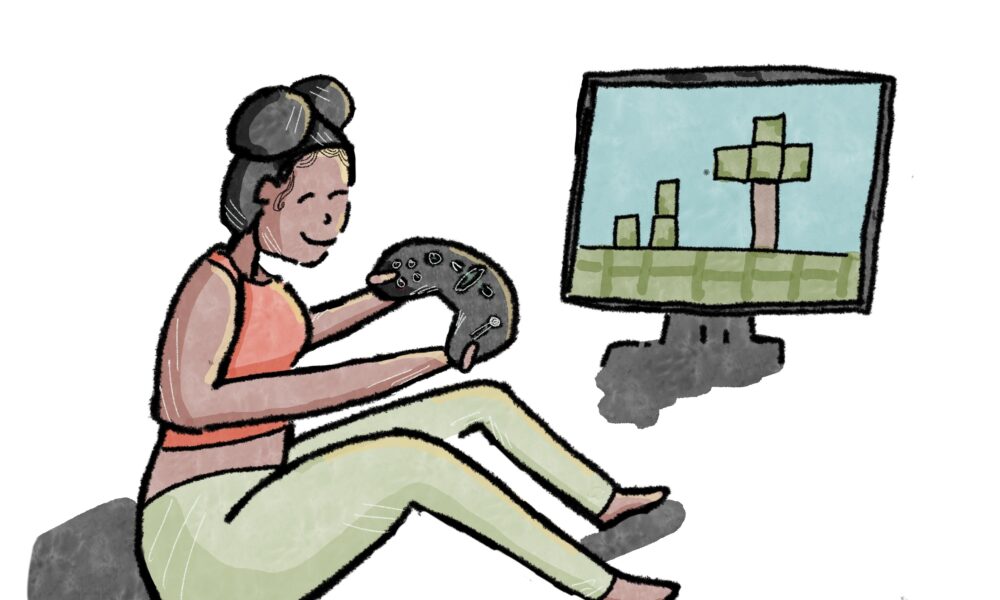Five weeks into the Premier League season, the league rankings are beginning to display preliminary trends: Manchester City and Liverpool have started an early battle for the top spot, Chelsea has been fighting its way into the top four despite a rough start, and struggling Everton has found itself sitting in the relegation zone for weeks. Although the league rankings are all-important, there is another ranking system that many fans are devoting almost as much attention to: The rankings of their Fantasy Premier League (FPL) teams.
Every week, myself and 11 million other FPL managers agonize over the changes—or lack thereof—that we want to make to our team based on the previous week’s results. FPL players are given a £100 million budget to work with, and distribute this money among 15 Premier League players of varying positions who they think will yield the highest number of points. One player can be transferred for free (without losing points) each week, making strategic decision-making, careful research, and the prudence to update one’s team on time crucial.
I started playing FPL last year, and have found it captivating to compete against the other managers in my league and compare myself to the overall rankings. Beyond being an enjoyable experience, the video game impacted how I interacted with the sport itself. Although I love watching soccer in general, I found it very difficult to make myself care about domestic league games unless my team, Chelsea F.C., were either playing or were otherwise impacted by the result. Now, I am finding myself heavily invested in a mid-table clash between Tottenham Hotspur and Brentford because Pedro Porro is in my FPL team (no, I am not doing okay).
The video-gamification of sports has power in its ability to expand the scope of sports fans’ interests. Raising the stakes and immersing people in the competition piques their interest in something that they may not have otherwise went out of their way to pay attention to. This makes it a great tool to help grow women’s sports. Having women players represented in popular video games like EA FC (formerly FIFA) that are played by thousands of worldwide users of every demographic normalizes the presence of women within soccer media and soccer fandom—even in spaces that aren’t specifically targeted at women or at women’s soccer fans.
Although soccer has recently seen an exciting trend of increasing the representation of women athletes in video games, progress has still been slow. Released in late 2015, EA Sports’ FIFA 16 game included women’s national teams, but club teams were not added until seven years later in FIFA 23, and the option to include women players in ultimate teams was nonexistent until EA FC 24. As of now, there is no officially-recognized equivalent to FPL, even though the game has a high potential for getting fans invested in Women’s Super League (WSL) games.
Such a slow rate of progress can be discouraging, but the passion from dedicated fans who want women soccer players to experience the recognition they deserve is inspiring. 50,000 people signed Spanish player Verónica Boquete’s petition to include women in FIFA video games, emphasizing the strong support behind the women’s side of the game. And although the WSL does not have an official fantasy game, fans created an unofficial game that essentially follows the same rules of FPL, but with WSL players.
As more women’s leagues emerge, video games are a fantastic way to integrate the teams and players into the sport’s culture. Sports—particularly women’s sports—typically see a disparity between the domestic club seasons and national-level competitions where fans throw their support behind a sport when their country is competing in it but do not transfer their passion over to games outside international competition. Including women’s domestic leagues in video games can remind fans about these players, encouraging the viewership of these leagues.








